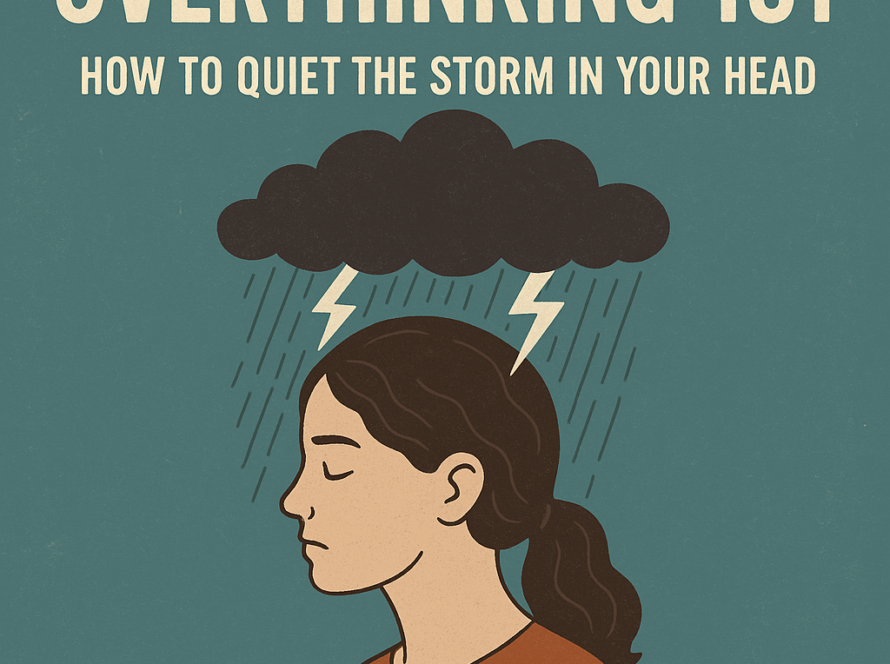Picture this: A 15-year-old stays up until 2 AM studying for exams, skips meals, and feels constant dread about failing. Sound familiar? For many teens, this isn’t drama—it’s daily life. Academic pressure is soaring, and it’s taking a toll on adolescent mental health. Let’s break down why this happens and what we can do about it.
What Exactly Is Academic Pressure?
Academic pressure is the stress teens feel to meet high expectations in school—whether from parents, teachers, or themselves. It’s more than just homework; it’s the fear of not being “good enough” in a world that ties self-worth to grades, college admissions, and achievements.
The Stats Don’t Lie: How Bad Is It?
- 45% of teens say schoolwork is their #1 stressor (American Psychological Association).
- 1 in 3 adolescents experiences anxiety or depression linked to academic pressure.
- Suicide rates for teens have risen by 60% since 2010, with academics often a contributing factor.
How School Stress Hurts Mental Health
1. Anxiety Overload
Constant deadlines, exams, and competition can make teens feel like they’re “always on.” Many develop panic attacks, insomnia, or obsessive worry about grades.
2. Depression and Burnout
When teens push themselves too hard for too long, they crash. Burnout looks like exhaustion, hopelessness, and losing interest in hobbies—even things they once loved.
3. Social Isolation
Teens under pressure often withdraw from friends and family to focus on school. Loneliness worsens mental health struggles.
4. Physical Symptoms
Stress isn’t just “in your head.” Headaches, stomachaches, and weakened immunity are common in stressed-out students.
Why Is Academic Pressure Worse Today?
📱 Social Media Comparisons
Seeing peers post about scholarships, AP classes, or Ivy League acceptances online fuels “I’m not doing enough” fears.
🏫 College Admissions Madness
The belief that only top-tier colleges lead to success has turned applications into a high-stakes race.
👨👩👧👦 Parental Expectations
Well-meaning parents often push kids to avoid “mistakes they made,” forgetting that every generation faces different challenges.
🏃 Over-Scheduling
Between AP classes, sports, clubs, and volunteering, teens have less downtime than ever.
How to Help: Solutions for Parents, Schools, and Teens
For Parents:
✅ Focus on effort, not outcomes. Praise hard work instead of straight A’s.
✅ Normalize imperfection. Share stories of your own failures and how you grew from them.
✅ Watch for warning signs: Sudden grade drops, irritability, or sleep changes.
For Schools:
✅ Teach stress-management skills. Include mindfulness or time-management workshops.
✅ Limit homework overload. The 10-minute-per-grade rule (e.g., 90 minutes for 9th grade) is a good start.
✅ Offer mental health resources. Counselors shouldn’t just focus on college prep—they need to address stress too.
For Teens:
✅ Talk to someone. A trusted adult, friend, or therapist can help you feel less alone.
✅ Set boundaries. It’s okay to say “no” to extra activities if you’re overwhelmed.
✅ Prioritize sleep. Your brain needs rest to perform well—pulling all-nighters backfires!
Hope Ahead: It’s Not All Doom and Gloom
Schools and parents are starting to wake up. For example, some states now delay school start times to improve teen sleep, and colleges are going test-optional to reduce SAT/ACT stress. Small changes can make a big difference.
Need guidance? Reach out to us at +91-9310885868 for confidential, expert consultation tailored to your needs. Taking the first step is the bravest move toward a calmer, happier you.



